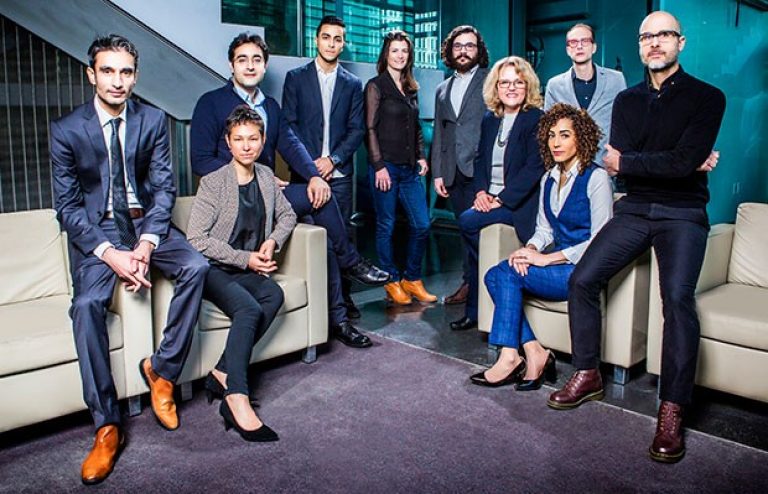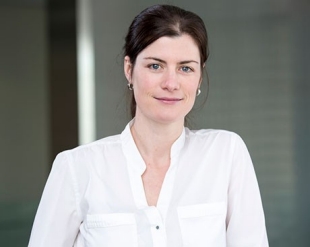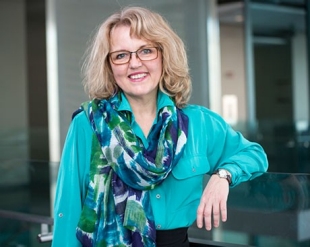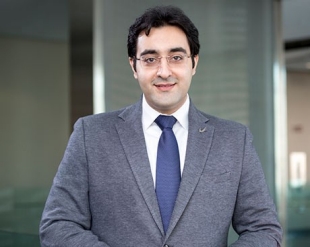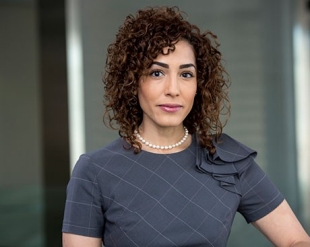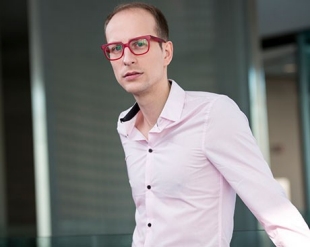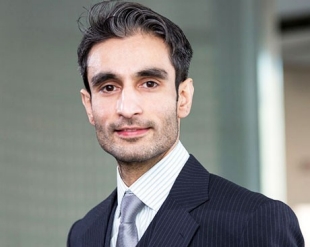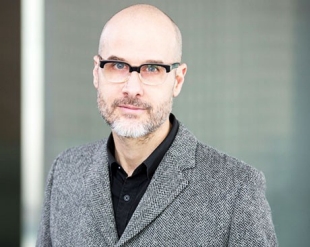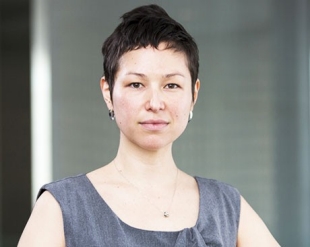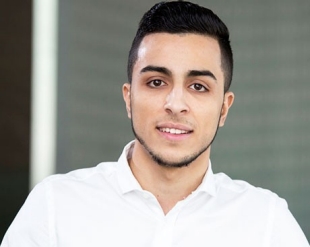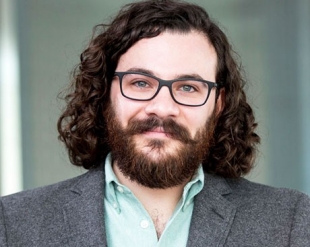Laura Shine
Humanities
Can you describe your research?
I study emerging food practices and how ideas about edibility evolve and adapt, with a specific focus on entomophagy – the consumption of insects – in non-traditional cultural contexts.
How will this program be of benefit?
Over the last few years, there has been a growing interest in edible insects. It’s a timely topic in its preoccupation with sustainability and food security issues. As environmental degradation and public-health concerns press us to transform our lifestyle habits, it becomes crucial to understand how tastes and food preferences can evolve to accommodate novel foods.
Through the Public Scholars program, I want to translate these research insights into operative takeaways that can influence policy work and take part in the public discussion of crucial contemporary food issues.


